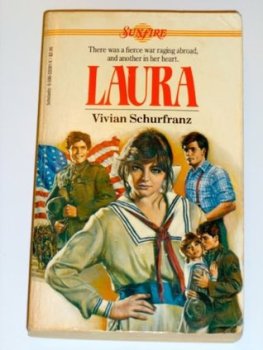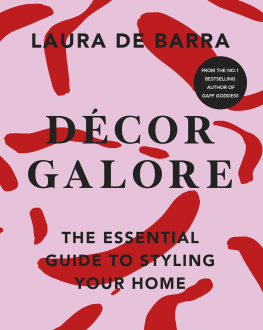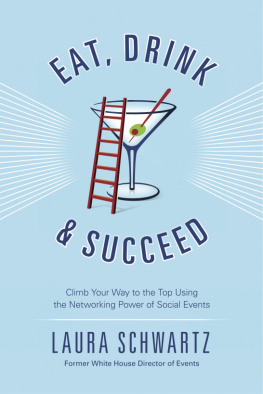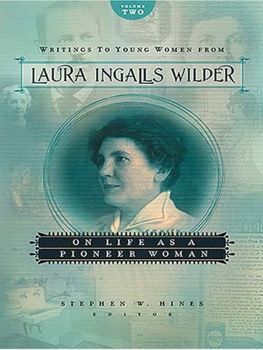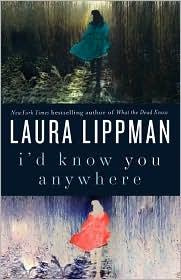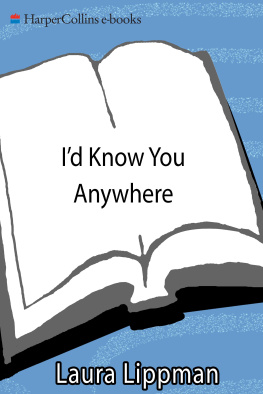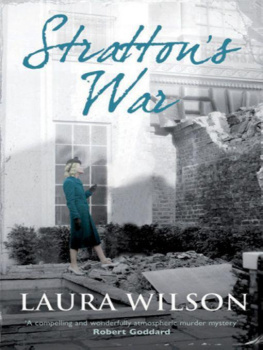The Easiest WayA FOREWORD
CHAPTER I.
CHAPTER II.
CHAPTER III.
CHAPTER IV.
CHAPTER V.
CHAPTER VI.
CHAPTER VII.
CHAPTER VIII.
CHAPTER IX.
CHAPTER X.
CHAPTER XI.
CHAPTER XII.
CHAPTER XIII.
CHAPTER XIV.
CHAPTER XV.
CHAPTER XVI.
CHAPTER XVII.
CHAPTER XVIII.
CHAPTER XIX.
CHAPTER XX. This page formatted 2007 Blackmask Online.
The Easiest Way
Eugene Walter
This page formatted 2007 Blackmask Online.
http://www.blackmask.com
A FOREWORD
CHAPTER I.
CHAPTER II.
CHAPTER III.
CHAPTER IV.
CHAPTER V.
CHAPTER VI.
CHAPTER VII.
CHAPTER VIII.
CHAPTER IX.
CHAPTER X.
CHAPTER XI.
CHAPTER XII.
CHAPTER XIII.
CHAPTER XIV.
CHAPTER XV.
CHAPTER XVI.
CHAPTER XVII.
CHAPTER XVIII.
CHAPTER XIX.
CHAPTER XX.
E-text prepared by Kathryn Lybarger and the Online Distributed Proofreading Team (http://www.pgdp.net)
Note: Project Gutenberg also has an HTML version of this
file which includes the original illustrations.
See 21116-h.htm or 21116-h.zip:
(http://www.gutenberg.net/dirs/2/1/1/1/21116/21116-h/21116-h.htm)
or
(http://www.gutenberg.net/dirs/2/1/1/1/21116/21116-h.zip)
THE EASIEST WAY
A Story of Metropolitan Life
by
EUGENE WALTER and ARTHUR HORNBLOW
Illustrations by Archie Gunn and Joseph Byron
[Illustration: PICKING UP A HAT, LAURA LOOKED AT HERSELF IN THE MIRROR.
Frontispiece. Page 251. ]
W. Dillingham Company Publishers New York Copyright, 1911, by G. W. Dillingham Company
The Easiest Way .
A FOREWORD
In presenting this story of a dclasse who attempts to redeem her scarlet past by a disinterested, honest attachment only to meet with dire, miserable failure, the authors wish to make it plain that their heroine and her associates are in no way to be identified with the dramatic profession. Laura Murdock represents the type of woman of easy virtue who is sometimes seen behind the footlights and helps to give the theatre a bad name. Although destitute of the slightest histrionic talent, she styles herself an actress in order to better conceal her true vocation. As a class, the earnest, hardworking men and women who devote their lives to the dramatic art are entitled to the highest regard and respect. No profession counts in its ranks more virtuous women, more honorable men than the artists who give lustre to the American stage. If such women as Laura Murdock succeed in gaining a foothold on the boards it must be looked upon merely as an unfortunate accident. The better element in the theatre shuns them and their theatrical aspirations are not encouraged by reputable managers.
THE EASIEST WAY
CHAPTER I.
The hour was late and the theatres were emptying. The crowds, coming from every direction at once, were soon a confused, bewildered mass of elbowing humanity. In the proximity of Broadway and Forty-second Street, a mob of smartly-dressed people pushed unceremoniously this way and that. They swept the sidewalks like a resistless torrent, recklessly attempting to force a path across the carriage blocked road, darting in and out under restive horses' heads, barely rescued by stalwart traffic policemen from the murderous wheels of onrushing automobiles. They scrambled into taxicabs, trains and trolleys, all impelled by a furious, yet not unreasonable, desire to reach home with the least possible delay. These were the wise ones. Others lingered, struggling feebly in the whirling vortex. Not yet surfeited with the evening's amusement, they now craved recherch gastronomical joys. With appetites keen for the succulent, if always indigestible, dainties of after-theatre suppers, they sought the hospitable portals of Gotham's splendidly appointed lobster palaces which, scattered in amazing profusion along the Great White Way, their pretentious facades flamboyantly ablaze with light, seemed so many oases of luxurious comfort set down in the nocturnal desert of closed shops.
Move on there! thundered an irate policeman. What the hll are you blocking the way for? I've half a mind to lock you fellows up!
This to two grasping jehus, who, while quarrelling over a prospective fare, had so well succeeded in interlocking their respective wheels that a quarter-of-a-mile-long block resulted instantly. The officer, exasperated beyond endurance, was apoplectic in the face from the too sudden strain upon his temper. Starting angrily forward he seemed as if about to carry out his threat, and the effect of this was magic. The offending cabbies quickly disentangled themselves, and once more the long string of vehicles began to move. Women screamed shrilly, as with their escorts they dodged the horses' hoofs, the trolleys clanged their gongs, electric-signs blinked their pictorial designs, noisy boys yelled hoarsely final extras! The din was nerve racking. One had to shout to be heard, yet no one seemed to object. Everybody was happy. New York was merely enjoying itself.
The rush was at its height, when two young men, perhaps weary of being buffeted by the throngs that still pushed up Broadway, turned sharply to the right and entered a fashionable all-night caf. Halting for a moment in the richly-carpeted and mirrored vestibule to divest themselves of their outer garments, they pocketed the brass checks handed out by a dapper page and passing on into the restaurant, quietly took seats in an out-of-the-way corner.
The place was already well filled. Nearly all of the small, round tables, crowded too close for comfort, were taken, and the loud chatter of men and women, the handling of dishes, the going and coming of waiters, the more or less labored efforts of a tzigane orchestraall this made a hubbub as loud as that in the busy street without. The people eating and drinking were of the kind usually to be found in Broadway's pleasure resortsrich men-about-town spending their money freely, hard-faced, square-jawed gamblers touting for business, callow youths having their first fling in metropolitan vice, motor-car parties taking in the sights, old rous seeking new sensations, faultlessly dressed wine agents promoting the sale of their particular brands, a few actors, a sprinkling of actresses of secondary importance, a bevy of chorus girls of the broiler type, a number of self-styled grass widows living quietly, but luxuriously on the generosity of discreet male admirers, and others still prettier, who made no secret of their calling, but insolently boasted of their profession being the most ancient in the world.
Sartorially at least, the company was eminently respectable. The men, for the most part, wore evening dress and the women were visions of feminine loveliness, in the latest creations of Paris modistesgowns a duchess might envy, hats that would tempt the virtue of a saint. All were talking loudly, and laughing hilariously as they ate and drank, while pale-faced, perspiring waiters ran here and there with steaming chafing dishes and silver buckets of frozen wine. Here champagne was king! The frothy, golden, bubbling, hissing stuff seemed to be the only beverage called for. No one counted the cost. Supplied with fat purses, all flung themselves into a reckless orgy of high living and ordered without reckoning. It was the gay rendezvous of the girls and the Johnnies, the sporting men and the rousin a word, the nightly bacchanal of New York qui s'amuse . In the atmosphere, heavily charged with tobacco smoke, floated a strange, indefinable perfumean odor in which the vulgar smell of cooking struggled for the mastery with the subtle essences used by voluptuous women. Instantly, animalism was aroused, the passions were inflamed. The mouth watered for luscious mets concocted by expensive chefs , the eye was dazzled by snowy linen, glistening crystal and the significant smiles of red-lipped wantons, the ear was entranced by the dulcet strains of sensuous music. In short, a dangerous resort for any man, young or old.


